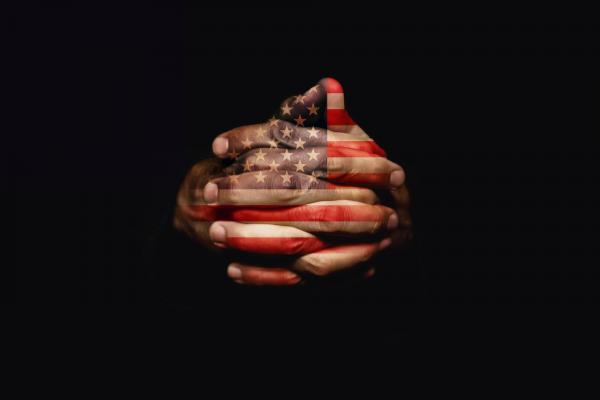Feb 3, 2017
We sit here today, as the wealthy and the powerful. But let us not forget that those who follow Christ will more often find themselves not with comfortable majorities, but with miserable minorities. Today our prayers must begin with repentance. Individually, we must seek forgiveness for the exile of love from our hearts. And corporately as a people, we must turn in repentance from the sin that scarred our national soul.
Read the Full Article

Already a subscriber? Login
